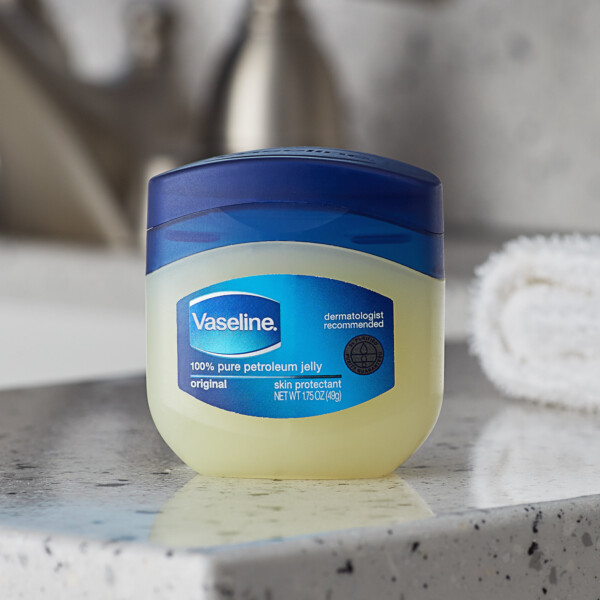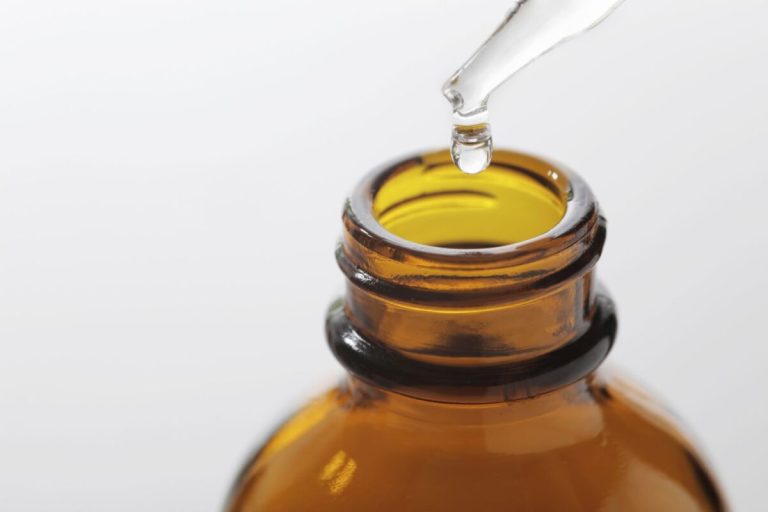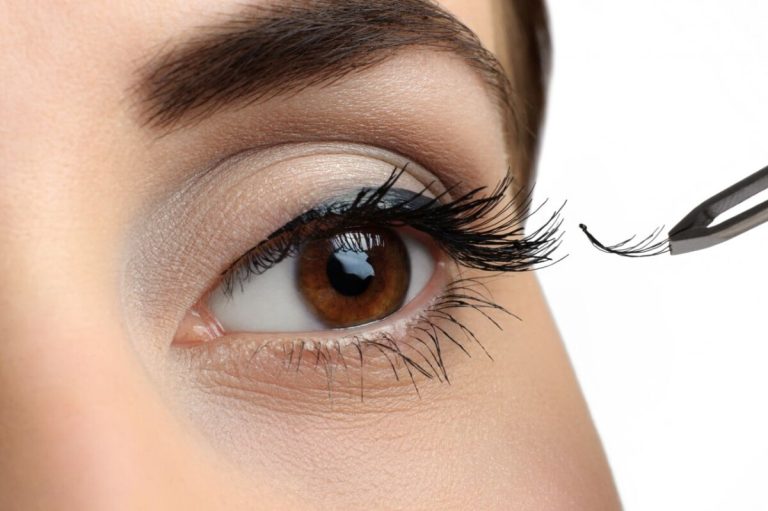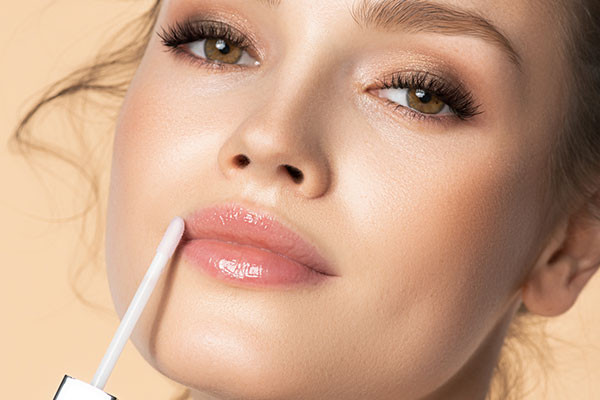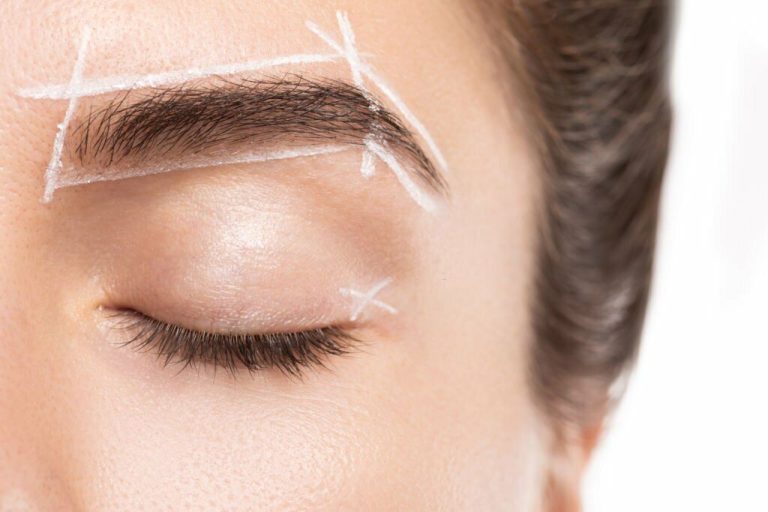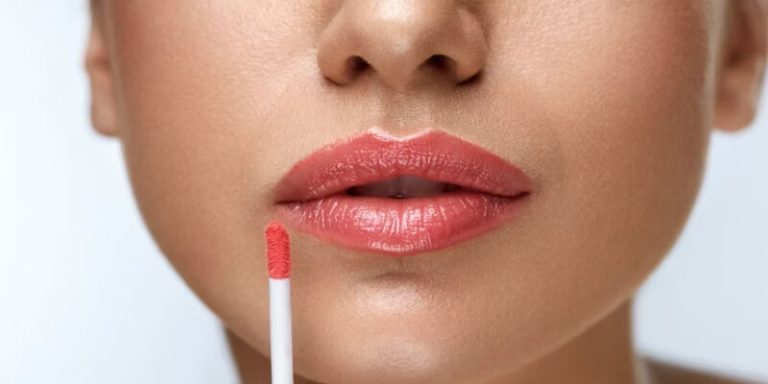Does Makeup Age Your Skin?
Makeup is an integral part of many women’s daily routines. It helps enhance natural features and allows us to present our best selves. However, some wonder if regularly applying makeup may prematurely age their skin. This article examines if makeup contributes to aging and provides tips on how to use it without causing long-term damage.
For centuries, women have used makeup to accentuate their beauty. Lipstick, mascara, foundation and other cosmetics help us look polished and pulled together. They allow us to hide imperfections, even out skin tone, and highlight our best features. I apply makeup as part of my daily routine, and I know many women feel the same.
However, we also worry about what makeup does to our skin long-term. Some wonder if the act of applying and removing makeup day after day could be damaging. Many cosmetic ingredients also raise concerns. Could daily use of makeup be causing early wrinkles, dark spots, or sagging?
This article will analyze the ways makeup may age skin. We’ll also discuss tips to prevent premature aging while still enjoying the confidence boost makeup provides. With some small changes to your routine, you can have beautiful makeup looks without compromising your skin’s health.
Does Wearing Makeup Age Your Skin?
Contents
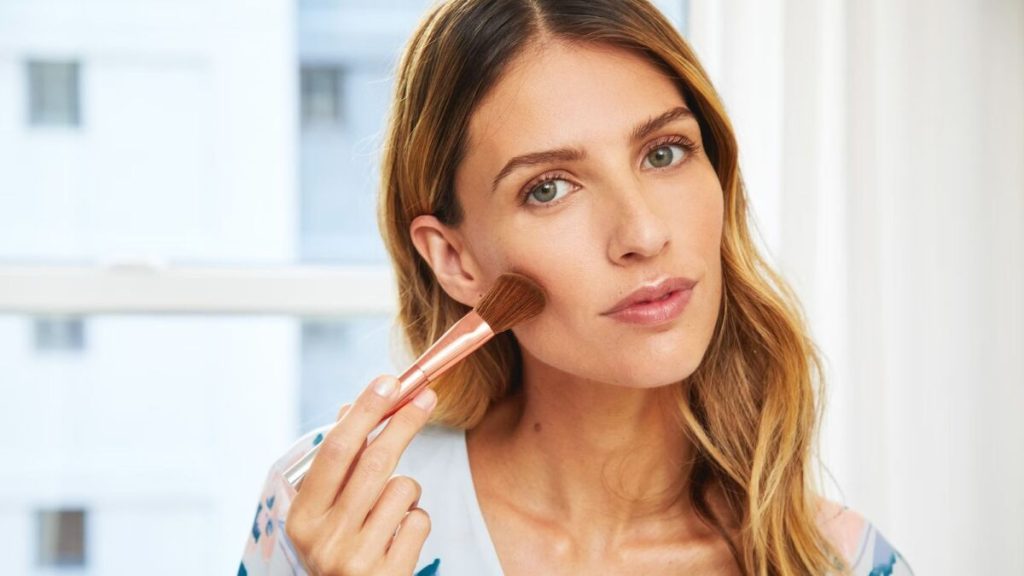
There are a few ways that makeup could potentially contribute to skin aging over time. However, following smart makeup practices can minimize the risk of irritation or damage.
Harsh Ingredients in Makeup Products
Some ingredients commonly found in cosmetics can irritate sensitive skin. Fragrances, preservatives like parabens, and denatured alcohol are common causes of irritation. For people with allergies or reactive skin, these additives may cause inflammation, dryness, and even breakouts.
With repeated use over many years, makeup containing these harsh chemicals could prematurely age skin by damaging collagen and elastin fibers. This leads to wrinkles, sagging, dull tone, and rough texture. Those with sensitive skin should check labels carefully and avoid makeup with irritating additives.
Damage from Dirty Tools and Rough Handling
Improper makeup application techniques can also inflict damage over time. Using dirty brushes, sponges, and fingers spreads bacteria. This can cause acne and breakouts leading to scarring, discoloration, and enlarged pores.
Aggressive scrubbing and tugging at delicate skin can create microtears. With daily repetition, this promotes fine lines around the eyes and mouth. Always handle skin gently and keep makeup tools clean.
Makeup With Skin-Loving Ingredients
Not all cosmetics are bad for skin. Many modern makeup formulas contain ingredients to nourish and protect skin. Look for products with vitamins, antioxidants, hyaluronic acid, peptides, moisturizers, and SPF.
These skin-care ingredients work to counteract environmental stressors that age skin. With the right makeup routine, you can combat wrinkles and dryness while still achieving flawless coverage.
Does Makeup Make You Age Faster?
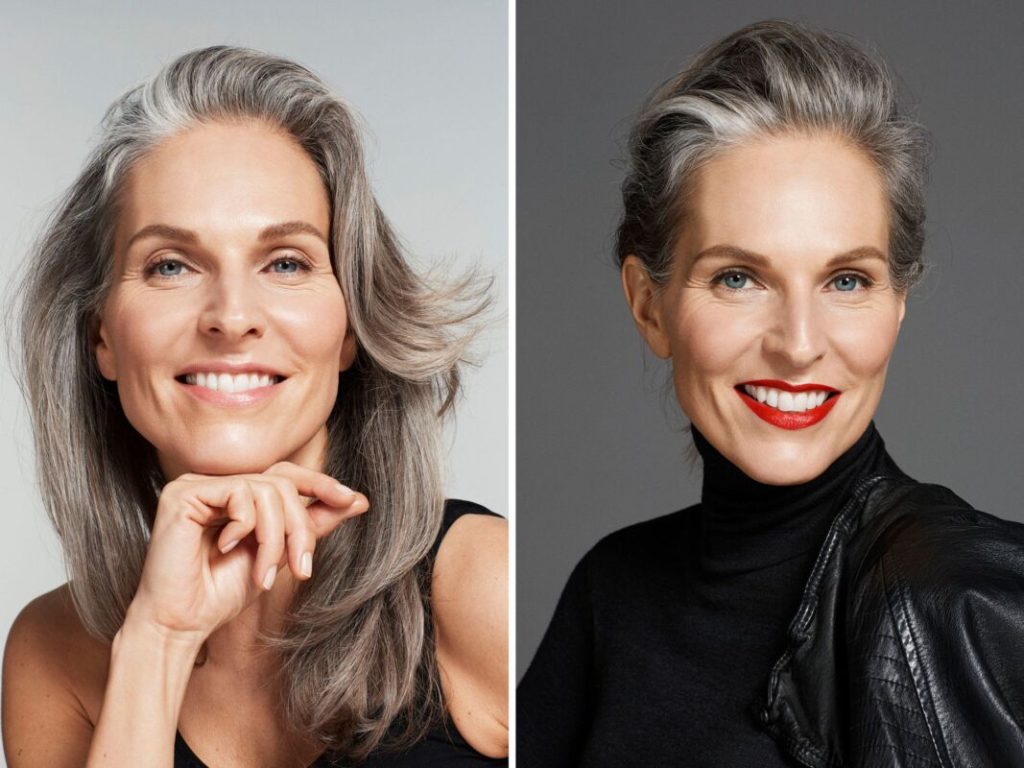
For most women, conscientious use of quality makeup will not accelerate aging. However, certain practices can damage skin over time. Here are some aging effects of makeup to be aware of.
Powder Absorbs Natural Oils
Heavily powdered looks were trendy in decades past, but they can cause dryness. Powder makeup soaks up the skin’s natural moisturizing oils. Daily absorption can cause your complexion to appear drier. Without proper hydration, skin loses elasticity and collagen, leading to sagging, wrinkles, and crepey texture.
Those with dry skin should avoid wearing powder foundation daily. Use liquid or cream-based makeup instead. You can apply powder lightly as a finishing step to avoid over-mattifying the complexion.
Clogged Pores Cause Breakouts
Heavy makeup applied regularly can clog pores, leading to acne breakouts, blackheads, and blemishes. Makeup, oil, and dead skin cells build up in pores, causing them to stretch permanently. Enlarged pores give skin an aged, weathered look over time.
Breakouts can also cause scarring and hyperpigmentation as skin heals. This results in uneven tone and dark marks. Avoiding clogged pores by removing makeup thoroughly each day prevents associated aging issues.
Oxidative Stress and Inflammation
Some researchers believe oxidative stress also plays a role in premature aging of skin. When free radicals overwhelm our antioxidant defenses, oxidative stress occurs. This damages cells and promotes inflammation.
Some ingredients in makeup, like denatured alcohol, fragrances, and heavy metals may trigger oxidative stress and inflammation. Over years of daily use, this sustained damage can lead to accelerated wrinkles, sagging, and hyperpigmentation.
Sun Damage from Inadequate SPF
Exposure to UV radiation from the sun causes more skin aging than any other factor. UVA and UVB rays damage collagen and elastin fibers in skin, resulting in wrinkles, spots, leathery texture, and sagging.
Many makeup products do not contain sufficient SPF protection. Applying an unprotected primer, foundation, or powder leaves skin vulnerable to sun damage. Always wear makeup with SPF 30 or higher as a defense against UV rays.
Overuse Damages Skin Barrier
Exfoliating acids and scrubs are popular makeup prep steps that leave skin smooth. However, overuse of these products damages the skin’s protective moisture barrier. Compromising this barrier leads to transepidermal water loss, resulting in dryness, flaking, fine lines, and wrinkles.
To avoid this, limit use of harsh toners, scrubs, and chemical exfoliants to 2-3 times per week. Allow your skin’s moisture barrier to recover in between. This prevents dehydration that accelerates visible aging.
How to Prevent Makeup Aging Your Skin
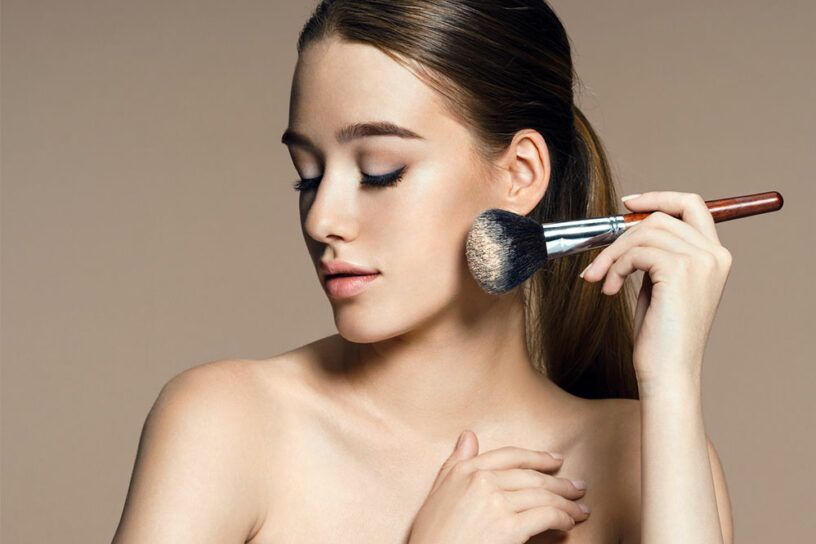
With a few smart techniques, you can enjoy flawless makeup looks without aging your complexion prematurely. Here are some tips.
Choose Products With Youth-Boosting Ingredients
Read makeup labels and avoid products with harsh additives like fragrance and denatured alcohol. Seek out formulas containing hydrating, nourishing ingredients like hyaluronic acid, vitamins C and E, peptides, ceramides, and plant oils.
These compounds help hydrate, protect against free radicals, increase collagen production, and repair the skin barrier. Your makeup should complement your skincare routine, not work against it.
Remove Makeup Thoroughly
Never sleep in your makeup! It’s essential to remove every trace of makeup thoroughly before bedtime. Oil attracts dirt and pollution that can clog pores, leading to breakouts and enlarged pores over time.
Use a gentle, effective makeup remover like micellar water or cleansing oil. Follow with a cream cleanser to get rid of any remaining residue without stripping skin. Thorough makeup removal prevents premature aging issues like wrinkles, dark spots, and dehydration.
Use Moisturizer With SPF Daily
Apply a broad spectrum SPF 30 moisturizer under your makeup even on cloudy days. UVA rays penetrate clouds and windows to damage your complexion. Defend against premature aging caused by sun exposure by wearing SPF consistently.
Reapply sunscreen at least every two hours if spending extended time outdoors. Seek makeup products containing sunscreen for extra protection and convenience.
Use Primer and Remove Makeup Gently
Primers fill in pores and fine lines, allowing makeup to glide on smoothly without tugging at delicate skin. Always start your routine with primer. removing makeup gently in a rolling motion instead of rubbing harshly prevents skin stretching that causes wrinkles and sagging over time.
Avoid Harsh Ingredients
Check your makeup formulas and avoid products containing recognized irritants and allergens like added fragrance. Seek makeup labeled non-comedogenic or oil-free to avoid clogged pores and breakouts that can cause permanent scarring and hyperpigmentation.
Take Makeup Breaks
Give your skin a break from makeup at least one or two days per week, or when spending time at home. This allows your complexion to breathe and recover from any stress or occlusion. You’ll notice your bare skin looks clearer and more radiant.
Does Foundation Age Your Skin?
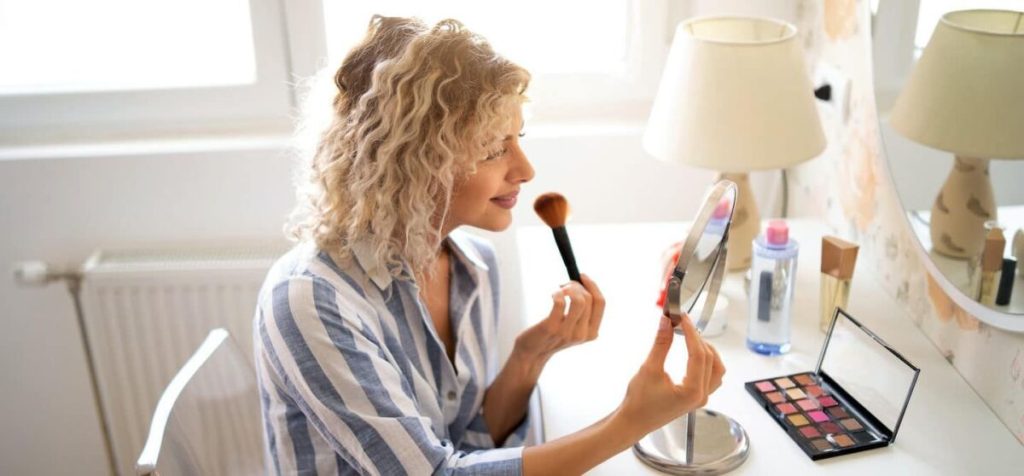
As a makeup staple, many wonder if foundation contributes to skin aging. Like any product, effects depend on formulas and proper use. Here’s what to know.
Importance of Foundation
Foundation evens out skin tone, covers blemishes, spots, scars, and other imperfections. It’s often the base for the rest of your makeup application. Finding the right foundation is key to achieving a flawless complexion.
Foundation Types
Foundations come in different formulas for different skin conditions. Liquid and cream foundations provide buildable coverage with a dewy finish, great for normal to dry skin.
Powder foundations mattify oily complexions but can cling to dry patches. Stick foundations are creamy and portable, good for dry skin. Look for oil-free, non-comedogenic formulas if acne-prone.
Potential Irritants
Some liquid and cream foundations contain potential irritants like denatured alcohol and added fragrances. These may cause inflammation or reactions in those with sensitive skin. Powder foundations pose a low risk for allergies.
Factors Promoting Aging
If using an irritating formula daily for years, inflammation caused by allergens or alcohol may accelerate aging. Rubbing or tugging skin during rushed makeup application can also cause micro-tears leading to wrinkles over time.
Choosing Age-Defying Foundation
Seek liquid foundations with hyaluronic acid and skin-soothing antioxidants. For powders, avoid talc which can be drying. Apply with a sponge or brush using light, bouncing motions to prevent tugging delicate skin.
With proper formulas and technique, foundation can provide coverage without aging your complexion prematurely.
Can Makeup Cause Wrinkles?
With certain makeup habits, wrinkles and fine lines may develop earlier or appear more prominent. Here’s how makeup relates to wrinkles.
Heavy Daily Makeup
Applying full makeup looks with primer, foundation, powder, blush, contour, highlight, and baked setting powder provides flawless coverage. However, the heavy layer of products can settle into fine lines and wrinkles over time, emphasizing their appearance.
This daily overload of makeup can cause collagen and elastin breakdown. With makeup settling in creases daily, those wrinkles become permanently etched.
Makeup Ingredients
Some foundations, powders, and concealers contain talc and other fillers that absorb moisture and oils from skin. This leads to dryness, flaky skin, and a crepey appearance as you age. The tugging associated with applying dried out makeup can worsen wrinkles.
Seek moisturizing makeup formulas with hyaluronic acid, peptides, ceramides, and antioxidants. These nourish skin and help minimize wrinkles.
Cleansing and Priming
Always start your makeup routine by gently cleansing skin then using primer to fill in pores, lines, and imperfections. This creates a smooth surface so makeup doesn’t settle into wrinkles.
Use oil-based makeup removers to dissolve makeup thoroughly without tugging at delicate skin. Harsh rubbing and scrubbing to remove stubborn makeup worsens wrinkles over time.
Makeup-Free Days
Taking one or two days a week off from makeup allows your complexion to recover. This prevents collagen breakdown caused by daily makeup use. You’ll notice your bare skin looks plumper and more youthful.
Enhancing Aging Skin’s Natural Beauty
Mature skin has its own beauty. With the right techniques, makeup enhances natural radiance rather than concealing it. Follow these tips for your best look.
Prep With Moisturizer
Dry, crepey skin needs added moisture. After cleansing, apply hydrating serum and rich moisturizer as prep steps before makeup. Hydrated skin minimizes the appearance of fine lines and wrinkles.
Use Lightweight Formulas
As skin ages, it produces less oil and secretes less sebum. Avoid drying powder formulas and use lightweight liquid foundations and tinted moisturizers instead. Sheer coverage lets your skin’s natural glow show through.
Complement Mature Skin
Play up your eyes and lips which draw attention away from wrinkles. Use soft, neutral eyeshadows rather than shimmers, which emphasize crepey eyelids. Bold lip colors plump up thinning lips and restore youthful volume.
Cream blush or bronzer adds a lively flush without settling into fine lines that powders can. Focus on enhancing the features that remain smooth and youthful.
Hydrating Makeup
Look for makeup products formulated with mature skin in mind. Ingredients like hyaluronic acid, ceramides, peptides, and vitamin C help hydrate, plump, and smooth the appearance of wrinkles.
This targeted makeup nourishes while providing buildable coverage. Avoid makeup with alcohol or fragrances which dry out aging skin.
Post-Makeup Products to Prevent Wrinkles
A skincare regimen focused on hydration and protection helps keep skin looking youthful. Here are some products to use after makeup.
Daily Broad Spectrum Sunscreen
Sun exposure is the number one cause of visible aging in the skin. Apply broad spectrum SPF 30 sunscreen under makeup daily. Reapply every two hours if outdoors.
Seeking shade, wearing hats, and avoiding the midday sun are other wrinkle-prevention strategies. Daily SPF protects against future sun damage.
Effective Makeup Removers
Never sleep with a full face of makeup. To avoid tugging at delicate skin, use oil-based makeup removers like cleansing oils and balms which dissolve stubborn makeup gently.
Follow with a creamy cleanser to remove residue. Micellar water or makeup removing wipes also cleanse skin without need for scrubbing or pressure.
Gentleness Is Key
Regardless of products used, always remove makeup using gentle, rolling motions. Avoid rubbing harshly or aggressively at your skin. Over years, this damages collagen and elastin leading to sagging wrinkles.
Pat in your skincare products after cleansing. Treating your complexion gently keeps it looking youthful.
Conclusion
Makeup helps us look vibrant, polished, and confident. With smart practices, we can achieve flawless makeup looks without causing premature aging of the complexion. Using non-irritating formulas, removing makeup thoroughly yet gently, applying SPF liberally, and taking makeup breaks allows skin to stay smooth and youthful looking.
What are your best tips for preventing makeup-related aging? Share your thoughts in the comments below!

Founded by Sophia Rodriguez, IGXO Cosmetics is a PETA-certified, cruelty-free, and vegan makeup brand.
